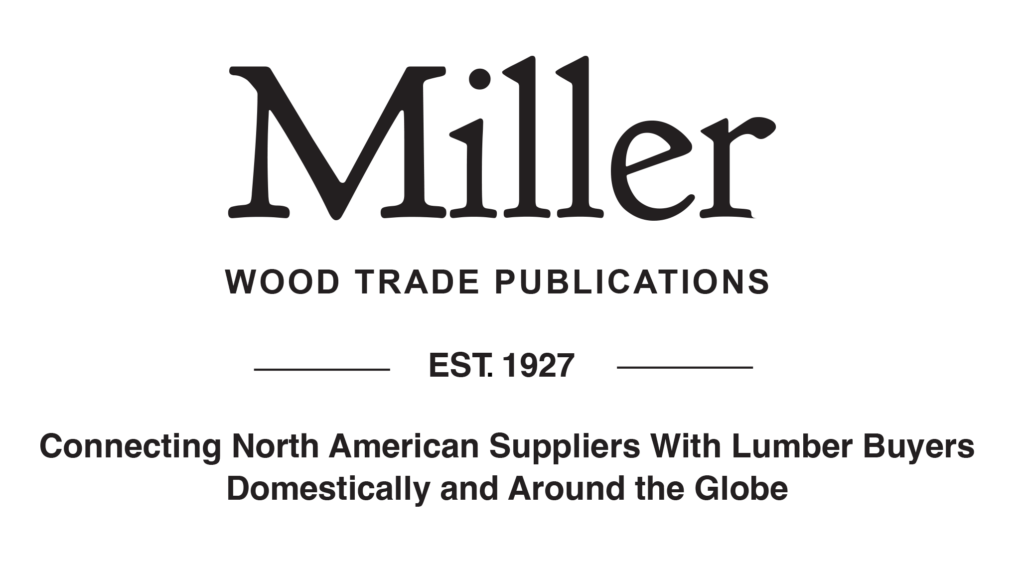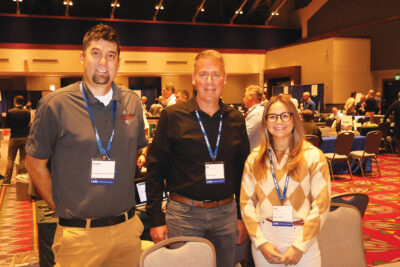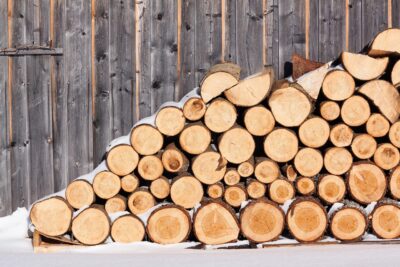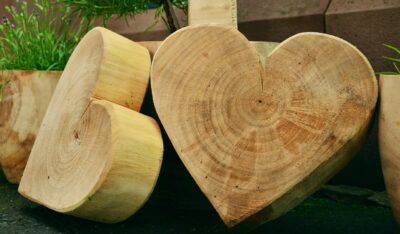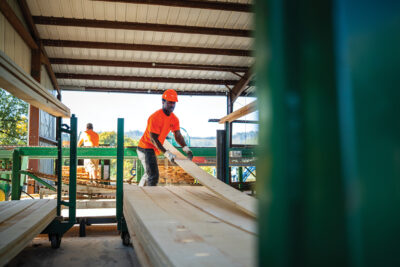
Sluggish Summer Markets In The Northeast
By Cadance Johnson
Associate Editor
A wet spring caused a slow start to the summer season for the softwood industry and uncertainty around the globe caused customers to keep their wallets and pocketbooks closed.
A lumber spokesperson in Vermont reported that the market in his area is a “little sluggish” and worse than six months ago. He explained that while the tariffs “on the Pine side don’t affect us too much, hardwood is a totally different situation- it’s a big problem for hardwood but for the Pine, it’s more of a demand issue. It’s all related because people just aren’t spending right now.”
They sell Eastern White Pine in 1-inch through 12/4. “The upper grades are still very strong. For Pine, it’s C and D, Select & Better. The Selects are moving better than anything,” he noted.
“Some” of their products are used for millwork and manufacturers of windows and doors, while others are sold to distribution yards and wholesalers. They also participate in some exporting. As for what his customers are facing, “Everyone is feeling that sluggishness everywhere. My Canadian customers are facing a retaliatory tariff and a lot of them just got that relieved if they’re manufacturers but if they’re distribution, I think it still exists. Some manufacturers have gotten exemptions. I’m still on good terms with my Canadian customers but when they were facing the tariffs, it limited what we could ship there. We’re not sending any softwood products to China or Vietnam, but we are for hardwood.”
Despite his claim that “transportation has always been pretty easy,” they are “always struggling with labor.” He attributed this struggle to a “lack of people because we’ve been facing it even before the pandemic. After the pandemic, it has been worse and is an ongoing issue.”
The market is “very unpredictable” in New York, where a lumber sales representative said they tend to “have slow days mixed in with much busier days. It’s not the steady flow of business that typically comes with this time of year and is very unpredictable as far as the ebbs and flows with how the business comes. We had a late start because of a very wet spring and that has something to do with the delay in business. We have some nice transactional business and larger orders that help move the needle. Overall, sales have been good — not fantastic and not slow — just kind of steady as she goes. It is better than six months ago.”
A representative in Massachusetts said that many people are making the situation worse by overestimating the impact of the tariffs and not buying.
He said Eastern White Pine represents a “big chunk of our business” and is “by far” the best seller for softwood. They “do a little bit” of Southern Yellow Pine, Sugar Pine and Spruce. He explained that there are not many mills that work with Sugar Pine, and it represents a “very small portion of our business.”
As they “like to be able to offer products for every price point,” grades and thicknesses they carry include 4/4, 5/4 and “a little oversized stock.” They also “sell from industrial grades up to Select grades such as D & Better and the Commons,” in addition to “some standard, premium, a couple of proprietary grades with a little bit of finish mixed in.”
Their customers are primarily retailers but are not “big box.” They conduct a bit of business with some end use manufacturers and aren’t exporting.
With a “fairly small crew,” the spokesman considers himself lucky to be in a “pretty good position” because he knows how “difficult” hiring is.
When asked to reveal his thoughts on the future of the industry regarding the tariffs, he tries not to “think too far ahead. The news was coming so fast and furious for a while, that it was hard to predict which way everything is going.”
A report from a lumber representative in Massachusetts indicated “global uncertainty” has started to affect the “money and flows for projects.” He believes that many people have been “overestimating the impact” of the tariffs, causing them to become “a little gun shy by thinking that this is going to get worse than it is. It’s not that the situation has gotten any worse, but they’re making it worse by forestalling their purchases. It’s a Catch-22.”
The market is “a little off from six months ago,” he added.
His inventory consists of Eastern White Pine and Western Red Cedar, which is their best seller. “Mostly 4/4 boards and Common grades such as No. 1 Common in Cedar and Sound Tight Knot,” are the grades and thicknesses they offer.
They don’t export and their main customers are end users.
While transportation is “not a problem, it is more expensive” but that is “just the way it is. There are no cheap trucks out there anymore,” he said.
